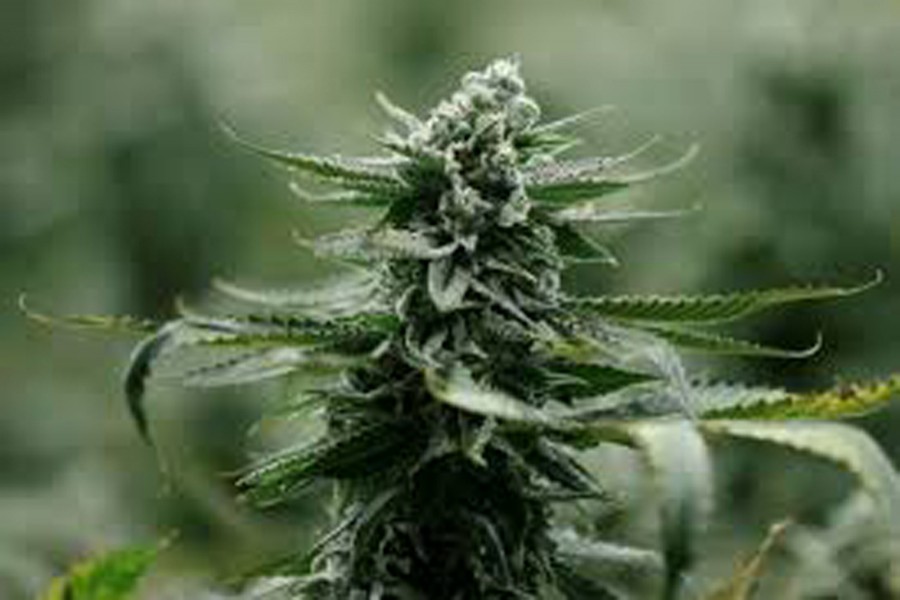
Published :
Updated :

The US health regulator approved GW Pharmaceuticals Plc’s epilepsy treatment on Monday, making it the first marijuana-based drug to win approval in the country and opening floodgates for more research into the medicinal properties of cannabis.
The drug’s approval permits its use in patients aged two years and older with Dravet Syndrome (DS) and Lennox-Gastaut Syndrome (LGS), rare childhood-onset forms of epilepsy that are among the most resistant to treatment.
“This approval serves as a reminder that advancing sound development programs that properly evaluate active ingredients contained in marijuana can lead to important medical therapies,” said Food and Drug Administration Commissioner Scott Gottlieb.
The drug, Epidiolex, is made up of cannabidiol (CBD), one of the hundreds of molecules found in the marijuana plant, and contains less than 0.1 per cent of tetrahydrocannabinol (THC), the psychoactive component that makes people high.
GW Pharma grows its own supply of cannabis in specialised glass houses in the United Kingdom to ensure uniformity in the genetic composition of the plants, which are then processed into a liquid solution of CBD.
Although THC can induce paranoia, anxiety and hallucinations, CBD has the opposite effect and has been cited by scientists as a potential treatment for mental health issues.
While supporters of legalising marijuana say the decision is a step in the right direction, businesses reliant on the plant must contend with the federal government’s ban on its use.
Based on the potential for abuse, the Drug Enforcement Administration (DEA) categorises chemicals into five schedules, with Schedule 1 substances - like marijuana and heroin - considered the most deadly and deemed to have no medical benefits.
As a result, Epidiolex’s launch remains at the discretion of the DEA, which must now evaluate the drug and consider reclassifying it as a substance that has medical properties, so as to allow GW to begin selling it.
GW said it expects the reclassification to occur within 90 days. The company has not yet set a price for the drug and said it would work with insurance providers to ensure the medicine would be covered under health plans, reports Reuters.
GW’s Nasdaq-listed shares marginally fell in afternoon trading. The stock has run up nearly 50 per cent in the past 12 months.


 For all latest news, follow The Financial Express Google News channel.
For all latest news, follow The Financial Express Google News channel.